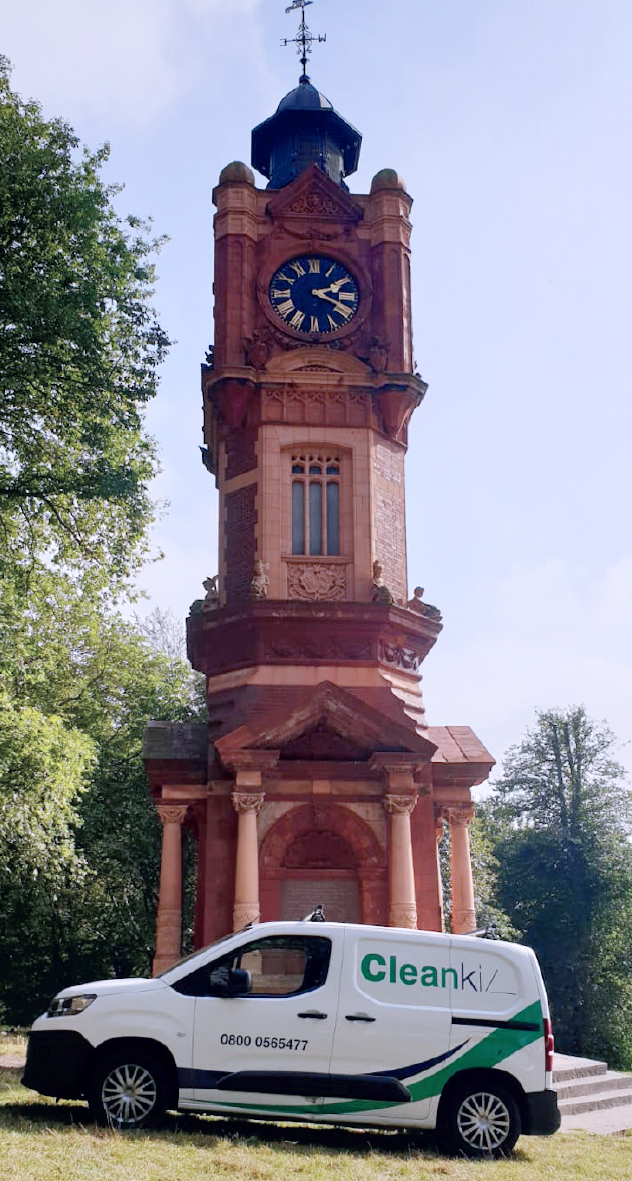
Running a property development business has always had a certain amount of risk associated with it and the current market is making it harder still. For smaller property developers, careful planning to react to these conditions will be vital for 2022 and beyond.
The impact of supply chain and labour issues
Labour and material costs have gone up massively over the past year, and that’s having a significant impact on budgets and return on investment (ROI).
Historically, developers have found it easier when it comes to selling a completed development and making end profit. In 2021, they’re seeing more of the risk, the return isn’t so good and that’s leading to a change in mindset for many players.
Pivoting into new markets and new areas
The UK property market has changed hugely over the past two years. Pivoting into a new market, or changing the use of your planned development, could be the best strategy for 2022, for example:
• Switching from commercial to residential – the rules around Permitted Development Rights and ‘change of use’ guidance are being relaxed further, making it easier to change commercial premises into residential. That’s leading to many city-centre and high street commercial buildings being retrospectively changed into flats.
• De-risking your strategy – think about your end market and who you’re selling to and aim to reduce the inherent risks in the chain. You’re looking for a stable market, steady finance, trusted suppliers and an end product that you can be confident will sell.
• Build-to-rent (BTR) – Rather than building properties with the aim of an end sale in mind, your aim could be to retain ownership and then rent out these properties or commercial spaces to paying tenants. With the right strategy, this can generate good long-term revenues.
• Building industrial and office spaces – if you develop and build the right industrial or retail premises, you may well sell or rent out the spaces before they’re even built.
• Knowing your end buyer – having a good understanding of your end buyer or tenant is vital. The profile of your ideal buyer/tenant can change rapidly over time and Covid was a great example of this. People didn’t want flats in the city in 2020 and 2021, but that demand may come back again in 2022 if we go back to a more office-based, city-focused way of working. It’s hard to predict, so research is important.
• Pursuing sustainable and green projects – this can be profitable, but you’ll need the best possible advice to make them work well. For smaller developers, meeting the key green requirements can be a headache, and you may well need to talk to a sustainability consultant who has the required expertise.
• Revisit your funding strategy – it’s crucial to think about funding too. With future projects, it’s sensible to fund the build based on the worst-case scenario, so you know you have the cash there to get to the end of the build, even with delays.
The world has changed, and the mindset of a developer has to change to fit the new reality. The key is to get in control of the forecasting, the budgets and the financial management of each project. When you’re in control of the numbers, it’s far easier to plan out a project, set the right budgets and achieve the desired return.
www.hwca.com/accountants-esher
T: 020 8549 5137
E: esher@hwca.com






